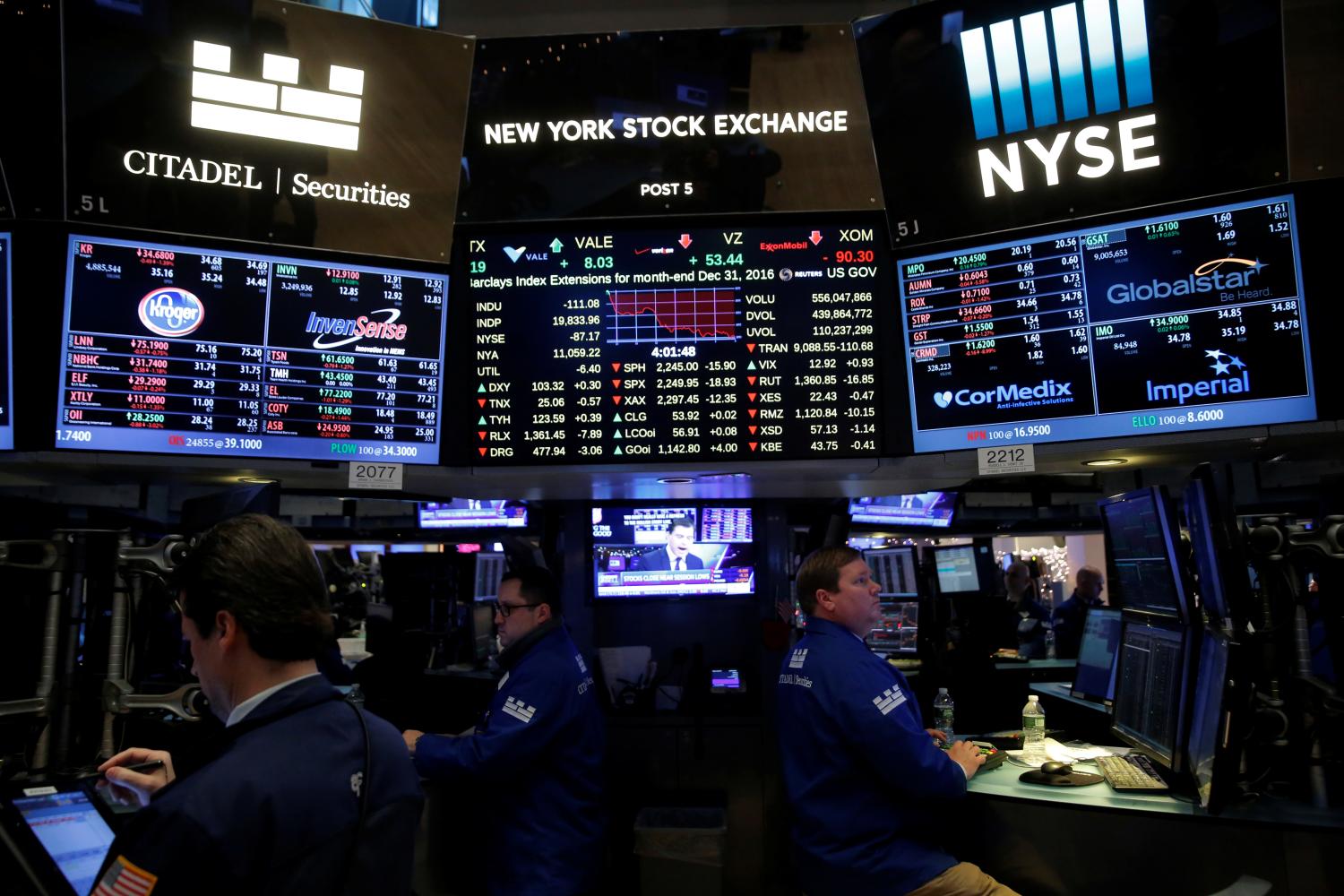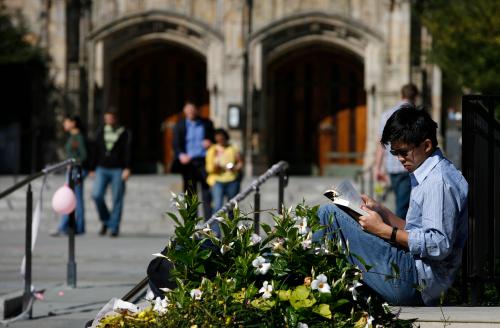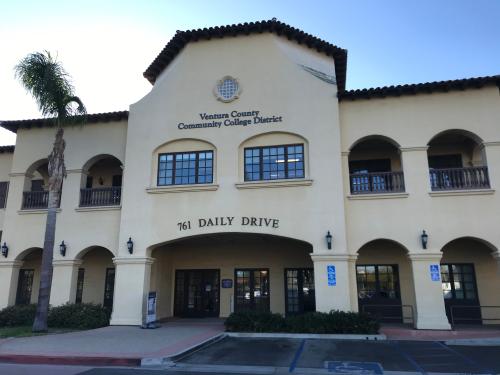It’s broadly understood that a college degree or its equivalent is crucial to making it into the middle class in America. But getting those qualifications can be a risky process for many young Americans from a modest income background. Indeed, just 9 percent of young people from the lowest income quartile will ever earn a college degree. But even completing a degree does not necessarily mean a graduate will receive the skills they need to succeed in today’s workforce. That’s because of a profound disconnect between many college administrators and recruiters for business about what is needed. Just 11 percent of business leaders believe college graduates are properly equipped for entering the workforce – while 96 percent of college’s chief academic officers feel they turn out work-ready graduates.
There are trends in higher education, however, that point to closer links between business and higher education – trends that will make degrees more affordable as well as better aligned with needed workforce skills. And with a businessman about to enter the White House, expect these trends to get a boost from Washington.
- More colleges are working closely with employers.
Some colleges and universities have long designed courses in association with local employers (such as the “co-operative education” approach of Drexel). But this pattern has accelerated in recent years, especially when combined with online education, leading to new forms of partnership. One example is Arizona State’s partnership with a Starbucks College Achievement Plan. Another is College for America, part of Southern New Hampshire University, which has customized partnerships with a broad range of employers, including Aetna, the Gap and the District of Columbia government – with annual tuition of no more than $3,000. Expect more such partnerships as a way to give students more assurance of marketable college skills.
Accreditation faces a business-led shake-up.
College-business partnerships have generally formed within the traditional government-sponsored accreditation system for colleges and universities. Accreditation is meant to assure students that they will receive a quality education. But in practice it has become a poor indicator of quality and increasingly a barrier to innovative and less costly forms of higher education. One big reason it stays in place, however, is that federal student aid is tied to accredited institutions.
There have been rising demands for an overhaul of accreditation to make it more attuned to workforce needs and to new types of college with innovative forms of course delivery. Utah Senator Mike Lee, for instance, introduced legislation in 2014 that would allow students to receive federal aid if they enrolled in postsecondary courses offered by a wide range of organizations, including business groups, under a state accreditation model in partnership with the federal government. And one of the most important and radical proposals has come from the U.S. Chamber of Commerce, whose nonprofit affiliate issued a report early in 2016 calling for a “talent supplier recognition and certification system” that would be an alternative to the traditional accreditation system. In the new Administration and Congress, proposals like these are likely to receive a strong boost.
Next step: money-back guarantees.
In addition to business-college partnerships to improve the workforce value of degrees, another trend beginning to take shape borrows from a core characteristic of good business practice – the money back guarantee. Traditionally, colleges adopted a “buyer beware” philosophy; if a student spent tens of thousands of dollars at a college but discovered the degree or their major was not marketable, the college bore no responsibility.
But with more data and report cards now available to students, some colleges are responding to savvier customers by offering a variety of guarantees. These range from guarantees that a student will finish in four years, or the college will swallow the cost of additional semesters, to some colleges offering guarantees that graduates will be able to find employment with a certain income. These guarantee programs are generally at the early stage of development, but expect this trend to lead to more refined and widespread guarantees that a college’s degree really does equip a student for future employment.
The mainstream college “sage on a stage” model of education has changed little in centuries. But a new era of disruptive innovation is poised to bring the kind of radical transformation experienced in newspapers and bookselling, and other information sectors. And the business community – increasingly frustrated that a college degree does not mean a new hire is truly prepared – is going to be a key driver of that change.
The Brookings Institution is committed to quality, independence, and impact.
We are supported by a diverse array of funders. In line with our values and policies, each Brookings publication represents the sole views of its author(s).









Commentary
Op-edBusiness is likely to reshape higher ed
December 20, 2016